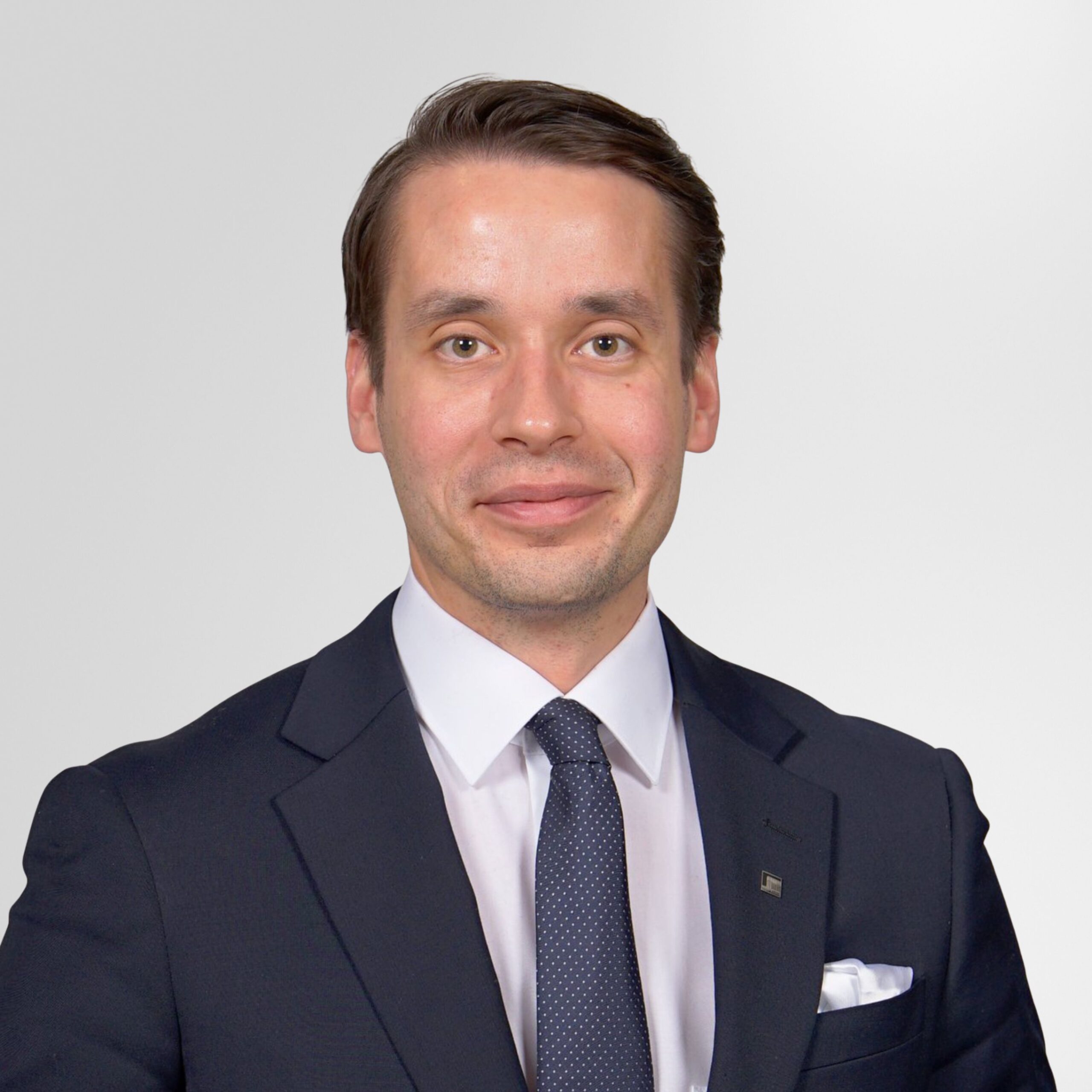SFP Vice President Henrik Wickström wants to see the next cabinet taking decisive action to improve access to mental health care. He believes there must be courage to review the entire service chain.
The Parliament has approved legislation on a treatment guarantee, which means that more investment is needed in low-threshold services. Several wellbeing services counties suffer from a lack of resources. Wickström hopes that mental health care services will not be the losers in the tug-of-war for health care money.
“Mental ill health is often the result of many factors. Constant stress, a feeling of insufficiency, bullying and loneliness can all contribute to mental health challenges. This is why we must look at the big picture. Preventive work is important. We already know that mental health issues cost our welfare society billions. For example, they are the major cause of sickness pensions among young Finns. It cannot continue this way. How ill must the Finnish population feel before we take action?” asks Wickström.
When it comes to mental health among children and adolescents, the focus should be on education, Wickström says.
“The efforts must begin in early childhood education. I believe it would be good to establish a broader range of school coaching activities. A school coach is a member of school staff who offers support to children and adolescents, for instance in the form of informal chats. Walk-in mental health services must be available close to the places where young people spend time. At the same time, the functionality of digital services must be guaranteed. Conversational services directed especially at senior citizens are also important,” Wickström specifies.
Wickström is also worried about the fact that HUS has been unable to offer equal access to mental health services in Swedish and Finnish. Shortcomings were reported by Hufvudstadsbladet newspaper today (19 February). Wickström has a concrete proposal in this respect:
“The Western Uusimaa Wellbeing Services County is responsible for developing social and health care services in Swedish for all of Finland. However, we have not been allocated separate funds for that purpose. Herein lies an opportunity. With a separate subsidy from the state, Western Uusimaa and HUS could ensure that functioning service chains and equal access to them exist in Swedish and Finnish,” Wickström suggests.






